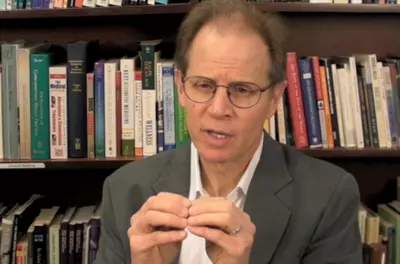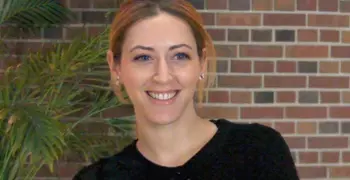Your Mind on Relationships: An Interview with Dr. Dan Siegel

It’s true what they say—the mind is a powerful thing. In addition to giving rise to new ideas and fueling creativity, our minds can impact our genes, change the shape of our brain, and boost our immune system.
But what and where exactly is the mind? And what about the connection between our minds and our relationships with others?
According to Dr. Siegel, a clinical professor of psychiatry at the UCLA School of Medicine and the Executive Director of the Mindsight Institute, the mind is more than just brain function. It also includes our physical experience as well as our relationships with others. What’s more, he says that integration—the ability to link differentiated parts of our experience together—is the key to wellbeing. That means living with awareness and compassion of both ourselves and the people around us.
Dr. Siegel has coined a term, “mindsight,” that describes our ability to understand and perceive our minds and the minds of others. “Mindsight includes, but is broader than, the practice of mindfulness,” he explains. “That’s because mindsight also includes our relationships with others as a primary focus.”
Watch this video interview with Dr. Siegel to learn more.

Interview with Dan Siegel
Got a specific question you need answered now? Skip ahead in the video to hear Dr. Siegel discuss:
How he defines the mind (0:25)
What a healthy mind is like (1:32)
What mindsight is (3:30)
Why you should practice mindsight (4:30)
How the mind affects the body (5:54)
How our relationships impact wellbeing (7:51)
His advice for dealing with difficult relationships (9:17)
How to practice compassionate communication (11:23)
His personal definition of wellbeing (12:38)










































